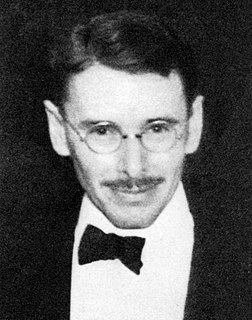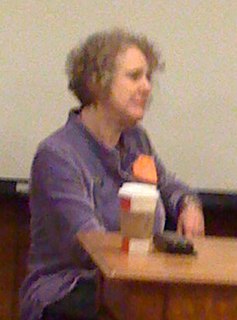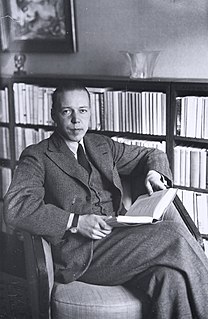A Quote by Brooks Atkinson
Nothing a man writes can please him as profoundly as something he does with his back, shoulders and hands. For writing is an artificial activity. It is a lonely and private substitute for conversation.
Related Quotes
A man who gives way to his passions is like a man who is shot by an enemy, catches the arrow in his hands, and then plunges it into his own heart. A man who is resisting his passions is like a man who is shot by an enemy, and although the arrow hits him, it does not seriously wound him because he is wearing a breastplate. But the man who is uprooting his passions is like a man who is shot by an enemy, but who strikes the arrow and shatters it or turns it back into his enemies heart.
Gabriel pulled her over his body to lie on the bed beside him. His kisses pressed her down into the oblivion of the mattress as her hands explored his chest, his shoulders, his face. "I want to lay my kill at your feet," he said, more growl than words, and held her tight by her hair as he marked her neck with his teeth. She writhed against him. She wanted to bite him, she wanted to rip the flesh from his back, but most terrible of all, she didn't want him to stop. Her back arched, her body shattered, she howled.
A bath in Ganges undoubtedly absolves one of all sins; but what does that avail? They say that the sins perch on trees along the banks of the Ganges. No sooner does the man come back from the holy waters that the old sins jump on his shoulders from the trees. The same old sins take possession of him again. He is hardly out of the waters before they fall upon him.
And then he pressed into her. First his thighs, then his middle, his chest, and finally his mouth. She made a whimpering sound, but its definition was unclear even to her, until she realized that her arms had gone around him instinctually, and that she was clutching his back, his shoulders, her hands restless and greedy for the feel of him. He kissed her openmouthed, using his tongue, and when she kissed back, she felt the hum that vibrated deep inside his chest. It was the kind of hungry sound she hadn’t heard in a long time. Masculine and carnal, it thrilled and aroused her.
Proust writes, he remembers, physically. He depends on his body to give him the information that will bring him to the past. His book is called 'In Search of Lost Time,' and he does it through the senses. He does it through smell. He does it through feeling. He does it through texture. It is all physically driven, that language.
Were I to go down into the market-place, armed with the powers of witchcraft, and take a peasant by the shoulders and whisper to him, 'In your lifetime, have you known peace?' wait for his answer, shake his shoulders and transform him into his father, and ask him the same question, and transform him in his turn to his father, I would never hear the word 'Yes,' if I carried my questioning of the dead back for a thousand years. I would always hear, 'No, there was fear, there were our enemies without, our rulers within, there was prison, there was torture, there was violent death.
Imagine the first discovery that one of these epidemics was man-made—the panic, the violence that would ensue. That’s where the end would come. A typhoon kills a few hundred people, does a few billion in damage, and what do we do?” Erskine interlocked his fingers. “We come together. We put the pieces back. But a terrorist’s bomb.” He frowned. “A terrorist’s bomb does the same damage, and it throws the world into turmoil.” He spread his hands apart like an explosion going off. “When there’s only God to blame, we forgive him. When it’s our fellow man, we must destroy him.
Every work of art reaches man in his inner powers. It reaches him more profoundly and insidiously than any rational proposition, either cogent demonstration or sophistry. For it strikes him with two terrible weapons, Intuition and Beauty, and at the single root in him of all his energies... Art and Poetry awaken the dreams of man, and his longings, and reveal to him some of the abysses he has in himself.



































